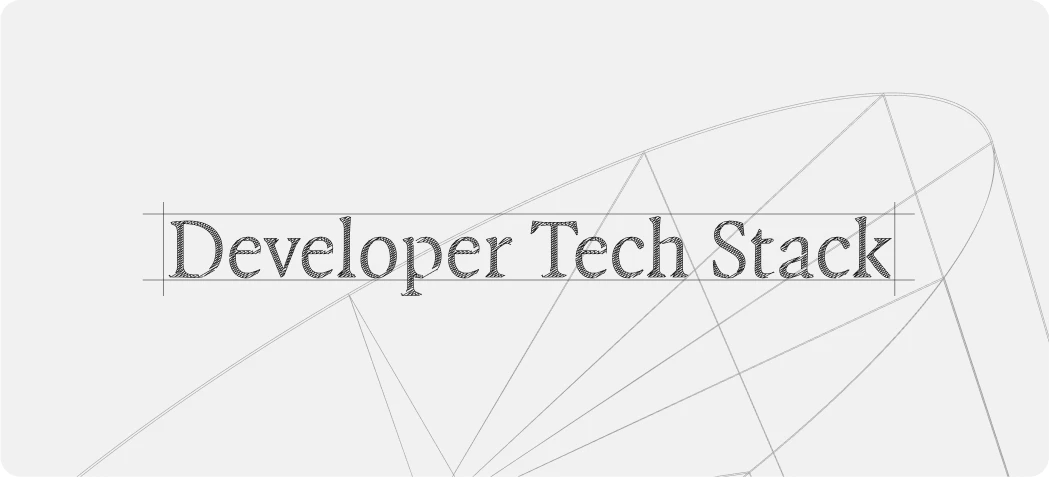
Ryan Daws is a senior editor at TechForge Media with over a decade of experience in crafting compelling narratives and making complex topics accessible. His articles and interviews with industry leaders have earned him recognition as a key influencer by organisations like Onalytica. Under his leadership, publications have been praised by analyst firms such as Forrester for their excellence and performance. Connect with him on X (@gadget_ry) or Mastodon (@gadgetry@techhub.social)
JetBrains has a series of enhancements across its product offerings with the 2024.3 release, providing developers with a more refined experience.
The company’s IDEs are now equipped with the ability to reveal the logical structure of code, thereby aiding developers in grasping projects comprehensively. This update streamlines the debugging of Kubernetes applications and offers extensive cluster-wide access to Kubernetes logs. In addition, the official release of the K2 mode – previously in Beta – marks an upgrade in code analysis stability, memory consumption, and the overall performance of the IDEs.
The JetBrains AI Assistant 2024.3 introduces added versatility by integrating Google Gemini models, including Gemini 1.5 Pro 002 and Flash 002, into the large language model (LLM) lineup. Users can now personalise their AI interaction by selecting between Gemini, OpenAI, or local models via Ollama.
This latest release also debuts advanced code completion using JetBrains’ in-house Mellum model, enhanced context management, and inline prompt generation directly in the editor—features all designed to streamline the development process.
Beyond these core improvements, each JetBrains IDE brings its own set of new features:
- IntelliJ IDEA 2024.3 sees enhancements such as improved alias handling in the data flow engine for Java and Kotlin, plus a code formatter that maintains blank lines for clearer readability. It now supports features from Kotlin 2.1 and offers named tuples in Scala 3. The ability to run multiple configurations simultaneously, a new default tab limit of 30, and improved UI elements like terminal usage and project compilation speed have also been introduced. Further additions include a heap memory graph in the profiler, direct environment variable access in the HTTP Client, and enhanced Docker Compose support.
- PyCharm 2024.3 brings AI straight into the editor; users can type natural language prompts to receive suggestions. Additionally, it offers code assistance for custom data classes, such as attribute code completion and constructor type inference. Performance evaluations are improved with the new flame graphs in the profiler.
- WebStorm 2024.3 focuses on refining existing features and improving navigation, renaming framework components, built-in database tools, and SQL support. It also enhances AI-driven code completion.
- GoLand 2024.3 improves developer workflows with new inspections, refined multiline completion, inline prompts, and upgraded support for the latest Go language features with better startup performance for large projects.
- CLion 2024.3 brings the Nova language engine packed with sought-after features for embedded development, an OpenCV image viewer, and tools for debugging such as native Zephyr West support.
- Rider 2024.3 expands its support to PlayStation 5 and Xbox console game development, introduces compatibility with the new .NET 9 SDK, and includes debugging enhancements for Unity projects.
- PhpStorm 2024.3 aids developers in transitioning to PHP 8.4, offering support for xdebug_notify(), Pest 3.0, and improvements in testing.
- RubyMine 2024.3 debuts Rails 8 support, improved cloud-based code completion, and updates for Ruby 3.4, packaged with advancements like inline AI prompts and better test generation.
- IntelliJ Scala Plugin 2024.3 introduces support for new Scala features, enriches project organisation, and improves performance with enhanced Compiler-Based Highlighting.
- ReSharper 2024.3 supports C# 13 features, a revamped code cleanup engine, improved naming conventions, and upgrades to error and warning message formats with structured, colorised tooltips.
- ReSharper C++ 2024.3 provides better solution handling for C++23 and C23 standards and specific refactoring for Unreal Engine projects.
Enhancements are not limited to these environments, as JetBrains .NET Tools 2024.3 updates improve the dotMemory profiling tool, and DataGrip 2024.3 enriches SQL error handling and text-to-SQL features with AI assistance.
Moreover, the data science and management sectors have not been overlooked. DataSpell 2024.3 now includes the JetBrains Data Wrangler for simplifying data tasks, and recent updates to Datalore and YouTrack improve SQL query prototyping and introduce apps in task management, making these tools more versatile and customisable.
See also: GitHub Copilot users gain access to Stack Overflow knowledge

Looking to revamp your digital transformation strategy? Learn more about Digital Transformation Week taking place in Amsterdam, California, and London. The comprehensive event is co-located with IoT Tech Expo, AI & Big Data Expo, Cyber Security & Cloud Expo, and other leading events.
Explore other upcoming enterprise technology events and webinars powered by TechForge here.
Tags: .net, AI, artificial intelligence, coding, development, game development, gaming, gemini, ide, jetbrains, kotlin, kubernetes, mellum, openai, PHP, programming, sql, tools
.png)
 1 month ago
32
1 month ago
32
 (2).png)


/cdn.vox-cdn.com/uploads/chorus_asset/file/25515570/minesweeper_netflix_screenshot.jpg)




 English (US) ·
English (US) ·